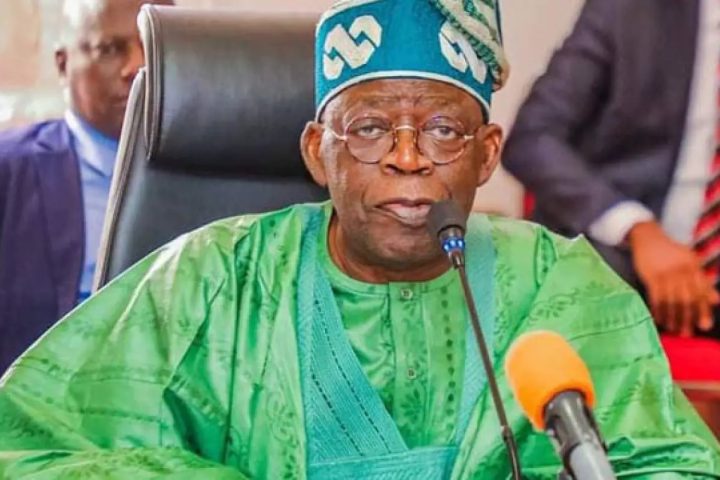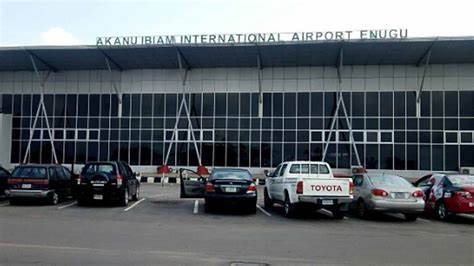UN Secretary-General António Guterres on Friday released a report, which called for an urgent need for action to address the climate crisis posing an existential threat to all human life.
Guterres launched the report, Our Common Agenda, at a meeting of the General Assembly at UN headquarters in New York, prefacing his remarks with a scathing overview of the parlous state of the world.
Join our WhatsApp ChannelHe described the world as being under enormous stress, warning that the world risked a future of serious instability and climate chaos.
According to him, celebrating the UN’s 75th anniversary in 2020, prompted major internal discussions about its future, and a new direction away from the post-World War Two consensus of its early days.
“From the climate crisis to our suicidal war on nature and the collapse of biodiversity, our global response is too little, too late.
“Unchecked inequality is undermining social cohesion, creating fragilities that affect us all. Technology is moving ahead without guard rails to protect us from its unforeseen consequences,” the secretary-general.
The UN chief went on to describe the extensive consultations that fed into its development, a listening exercise that led the UN to the conclusion that enhanced multilateralism is seen as the way to deal with the world’s crises.
Two contrasting futures are laid out in the report: one of breakdown and perpetual crisis, and another in which there is a breakthrough, to a greener, safer future.
The doomsday scenario describes a world in which COVID-19 is endlessly mutating, because rich countries hoard vaccines, and health systems are overwhelmed.
In that future, the planet becomes uninhabitable due to rising temperatures and extreme weather events, and a million species are on the brink of extinction.
This is coupled with a continuous erosion of human rights, a massive loss of jobs and income, and growing protests and unrest, which are met by violent repression.
As the UN embarks on the Decade of Action – 10 years to make real progress to deliver the promise of a sustainable, fairer future by 2030 – there is an opportunity to reshape the world for the better, with multilateralism at the heart of the process.
However, as the “breakdown scenario” shows, failure to work effectively together risks significant, irreversible damage to the planet and even, life itself.
In his speech to the General Assembly, Guterres underlined that Our Common Agenda was driven by solidarity, “the principle of working together, recognising that we are bound to each other and that no community or country, however powerful, can solve its challenges alone.”
“The fact that the 75th anniversary came during a global health emergency, highlights the importance of multilateral thinking: 2020 saw the emergence of the COVID-19 pandemic, which came amid growing concern over the climate crisis, another urgent issue that does not respect national borders.
“In early 2020, 1.5 million people took part in a year-long global UN initiative to listen to people’s priorities and expectations of how international cooperation can impact the future.
“They shared their hopes and fears, calling for a more transparent, inclusive UN, and identifying climate change and environmental issues as the number one long-term global challenge.’’
According to him, Our Common Agenda builds on the findings from that initiative – as well as input from thought leaders, eminent groups such as The Elders, diplomats and other partners – offering suggestions and solutions, ideas for action, and looking ahead to the next 25 years of the UN.
The report called for the reaffirmation of the UN’s core values, whilst acknowledging that the foundations of the organisation, needed to be reshaped to better reflect today’s world.

















Follow Us